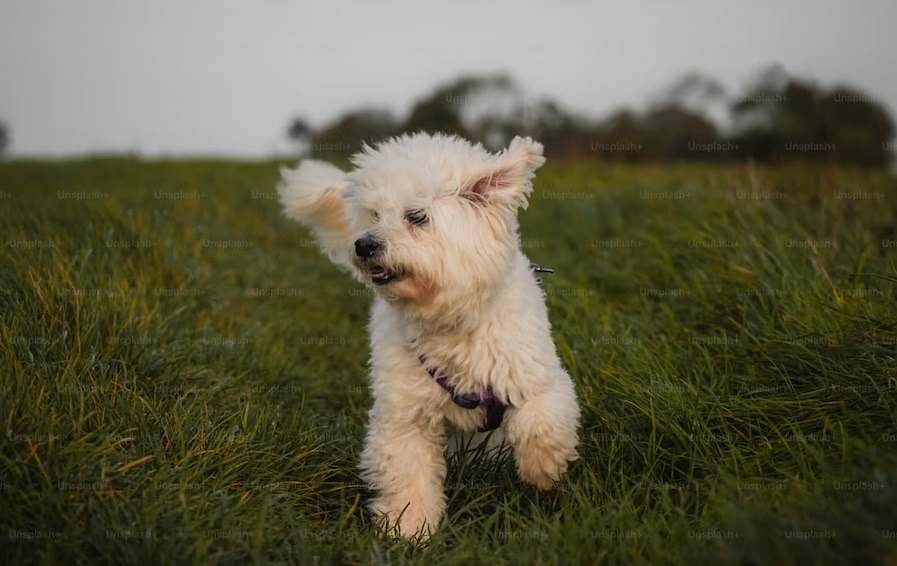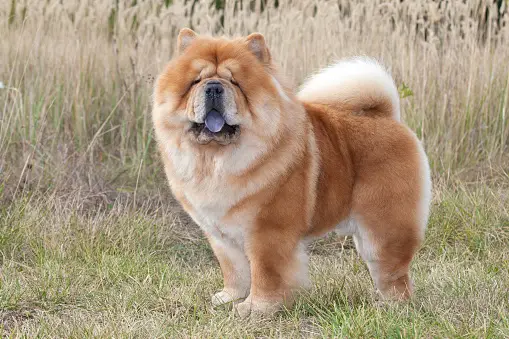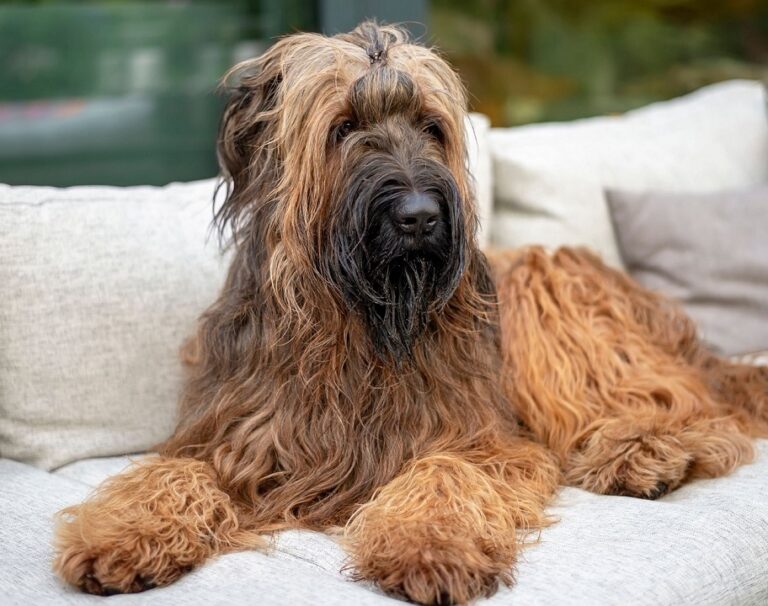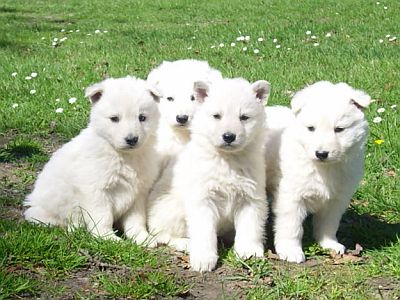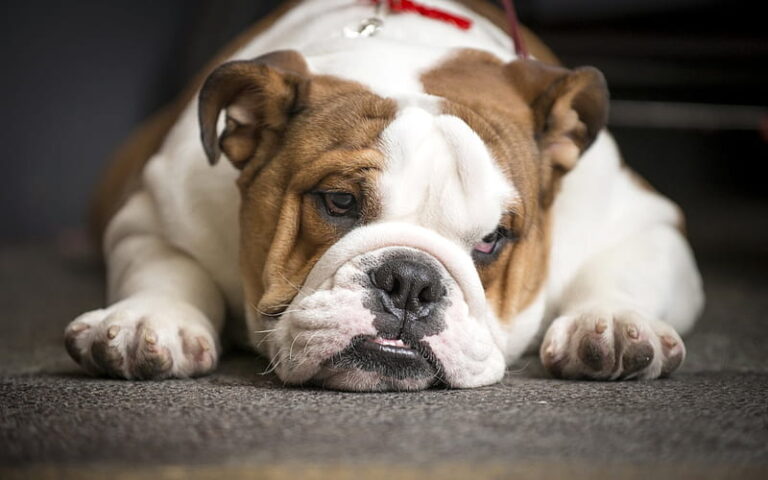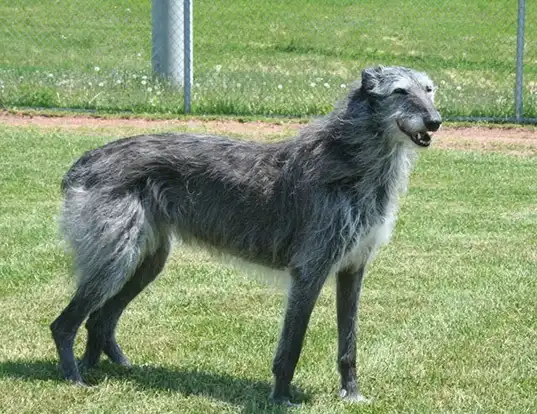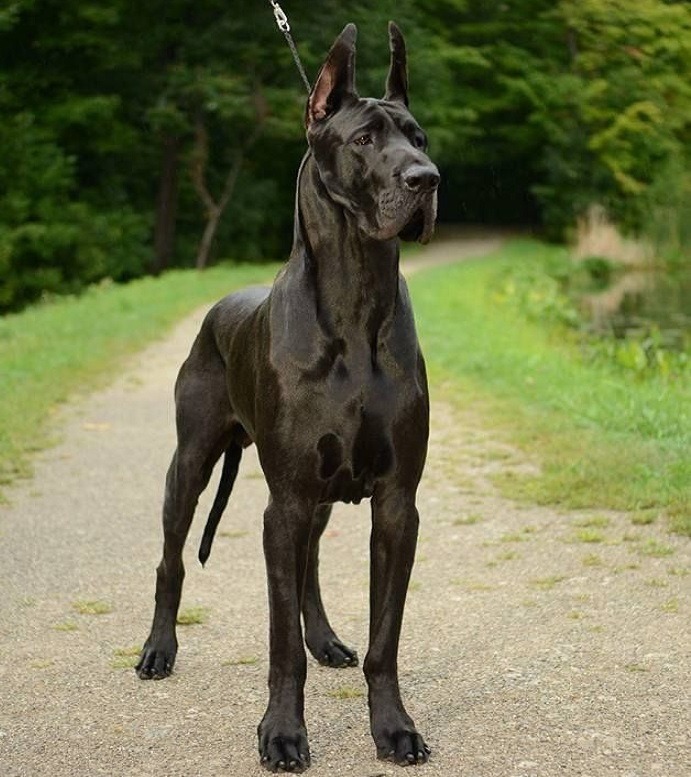Bichon Frise is delightful and energetic small dog breed. Known for its cheerful demeanor and playful nature, the Bichon Frise is a popular choice among pet owners seeking a lively and affectionate companion. In this article, we will explore the origins, characteristics, and care requirements of the Bichon Frise, providing you with valuable insights to enhance your understanding and appreciation of this delightful breed. Whether you are considering welcoming a Bichon Frise into your family or simply intrigued by these adorable little dogs, you’ve come to the right place for all the information you need.
Bichon Frise: The Happy and Playful Little Dog
History and Origin
The Bichon Frise is a small breed of dog that originated in the Mediterranean region. Its exact origins are unclear, but it is believed to have descended from the Water Spaniel and the Barbet. The breed gained popularity in the 16th century when it became a favorite among European nobles and aristocrats. Bichon Frises were often given as gifts and were treasured for their charming personality and beauty.
Appearance and Size
The Bichon Frise is a small and sturdy dog with a fluffy white coat that gives it a distinctive appearance. It has a round head, dark round eyes, and a black nose. Its ears are drop-shaped and covered with long hair. The Bichon Frise has a compact body with a deep chest and a well-developed muscular structure. Despite its small size, it has a lively and energetic presence.
On average, a fully grown Bichon Frise stands between 9.5 to 11.5 inches (24 to 29 cm) tall at the shoulder. They typically weigh between 12 to 18 pounds (5.4 to 8.2 kg). Their size makes them suitable for both indoor and outdoor living, and they are well-suited for apartment dwellers.
Temperament and Personality
The Bichon Frise is known for its friendly and affectionate nature, making it a wonderful companion dog. They are extremely social and thrive on human interaction. Bichon Frises are known to be great with children and enjoy being part of a family. They have a happy-go-lucky attitude and are always eager to please their owners.
One of the most endearing qualities of the Bichon Frise is its playful and mischievous nature. They have a natural tendency to entertain and amuse their owners with their silly antics. Despite their small size, Bichon Frises have a lot of energy and require regular exercise to keep them physically and mentally stimulated.
Additionally, Bichon Frises are intelligent and highly trainable. They respond well to positive reinforcement training methods and enjoy learning new tricks and commands. Their intelligence combined with their cheerful disposition makes them a popular choice for various dog sports and competitions.
In conclusion, the Bichon Frise is a delightful little dog that brings joy and happiness to its owners. With its rich history, distinctive appearance, and lovable personality, it is no wonder that the Bichon Frise is a beloved breed among pet enthusiasts.
Grooming and Care
Taking proper care of a Bichon Frise is essential to ensure their health and happiness. This breed requires regular grooming and attention to maintain their beautiful coat and overall well-being.
Coat Care
The Bichon Frise has a luxurious double coat that is soft and curly, resembling a cotton ball. To keep their coat in optimal condition, daily brushing is recommended. This helps prevent matting and tangling, which can be uncomfortable for the dog.
In addition to regular brushing, professional grooming appointments every 4-6 weeks are necessary to maintain the Bichon Frise’s signature look. During these visits, a groomer will trim the hair, clean the ears, clip the nails, and ensure the overall cleanliness of the dog.
Bathing and Hygiene
Bichon Frises are known to have sensitive skin, so it is important to use a gentle shampoo specifically formulated for dogs. Bathing frequency depends on the individual dog’s lifestyle and activity level. Generally, a bath every 3-4 weeks is sufficient to keep them clean and fresh.
Along with regular baths, it is crucial to pay attention to their dental hygiene. Brushing their teeth regularly helps prevent dental issues such as plaque buildup and gum disease. Additionally, keeping the ears clean and dry can help prevent infections, as Bichon Frises are prone to ear problems.
Exercise and Activity
Despite their small size, Bichon Frises are energetic and require regular exercise to keep them physically and mentally stimulated. Daily walks, playtime, and interactive toys are essential to help them burn off energy.
These adorable little dogs also enjoy participating in agility training and obedience classes. These activities not only provide exercise but also help develop their social skills and strengthen the bond between the dog and their owner.
Remember to consider the weather conditions when exercising your Bichon Frise, as they are sensitive to extreme temperatures. Avoid exercising them during the hottest parts of the day and ensure they have access to shade and water at all times.
By following a regular grooming routine and providing the necessary care and exercise, you can ensure that your Bichon Frise remains a happy and healthy companion for many years to come.
Training and Socialization
Basic Training
Training is an essential aspect of owning a Bichon Frise. These small, happy dogs are intelligent and eager to please, making them highly trainable. Basic training should focus on teaching your Bichon Frise essential commands such as sit, stay, come, and lay down. Positive reinforcement techniques, such as treats and praise, work best with this breed as they respond well to rewards and encouragement.
Consistency is key when training a Bichon Frise. Keep training sessions short, around 10 to 15 minutes, to maintain their attention span. Make sure to practice training in a quiet and distraction-free environment to help your furry friend stay focused. With patience and consistency, your Bichon Frise will master basic commands and become a well-behaved companion.
Housebreaking
Housebreaking, or potty training, is an essential part of owning a Bichon Frise. These little dogs are known for their cleanliness and can be easily trained to use a designated area for their bathroom needs. To successfully housebreak your Bichon Frise, follow these tips:
- Establish a routine: Take your Bichon Frise outside to their designated potty area at regular intervals throughout the day. This includes after meals, after waking up, and before bedtime.
- Use positive reinforcement: When your Bichon Frise eliminates in the correct spot, reward them with praise, treats, or a favorite toy. This positive reinforcement will help reinforce the desired behavior.
- Supervise and prevent accidents: Keep a close eye on your Bichon Frise, especially during the housebreaking process. If you notice signs that they need to eliminate, such as sniffing or circling, immediately take them outside to the designated spot.
- Clean accidents properly: In case of accidents indoors, clean the area thoroughly with an enzymatic cleaner to eliminate any lingering scent that might encourage your Bichon Frise to repeat the behavior.
Remember, housebreaking takes time and patience. Consistency and positive reinforcement are key to successful potty training.
Socializing with Humans and Other Pets
Bichon Frises are sociable and friendly dogs, making them excellent companions for both humans and other pets. Socialization is crucial to ensure that your Bichon Frise develops good manners and exhibits appropriate behavior in various situations. Here are some tips for socializing your Bichon Frise:
- Introduce early and often: Start socializing your Bichon Frise from a young age by exposing them to different people, animals, and environments. Gradually increase the complexity of these interactions as your Bichon Frise becomes more comfortable.
- Positive experiences: Make sure that your Bichon Frise has positive experiences when meeting new people and animals. Use treats and praise to reward their calm and friendly behavior during these introductions.
- Training classes: Enrolling your Bichon Frise in obedience classes or puppy socialization classes can provide structured socialization opportunities. These classes allow your dog to interact with other dogs under the guidance of a professional trainer.
- Supervised playdates: Arrange playdates with other well-behaved dogs to give your Bichon Frise the chance to interact and socialize. Always supervise these interactions to ensure everyone’s safety.
By properly socializing your Bichon Frise, you can help them develop into a well-rounded and friendly companion. Remember to be patient and provide positive reinforcement throughout the socialization process.
Health and Nutrition
Common Health Issues
Bichon Frise dogs are generally known to be healthy and resilient. However, like any other breed, they may be prone to certain health issues. It is important for Bichon Frise owners to be aware of these common health concerns in order to provide the best care for their furry companions.
Dental Problems
One of the most common health issues in Bichon Frise dogs is dental problems. Their small mouths and overcrowded teeth make them more susceptible to dental diseases such as gum infections, tooth decay, and tartar buildup. Regular dental care, including brushing their teeth and providing appropriate chew toys, can help prevent these issues.
Allergies
Bichon Frise dogs have a higher tendency to develop allergies compared to some other breeds. They can be allergic to certain foods, environmental factors like pollen or dust mites, or even flea bites. Allergies can manifest as skin irritations, itching, ear infections, or digestive problems. Identifying and avoiding allergens, along with proper veterinary care, can help manage allergies in Bichon Frise dogs.
Patellar Luxation
Another common health problem in Bichon Frise dogs is patellar luxation, which refers to the knee joint becoming dislocated. This condition can cause lameness, pain, and difficulty in walking or running. Regular exercise and maintaining a healthy weight can help reduce the risk of patellar luxation in Bichon Frise dogs.
Nutritional Needs
Proper nutrition is essential for the overall health and well-being of Bichon Frise dogs. Providing a balanced diet that meets their specific nutritional needs is crucial to support their growth, energy levels, and immune system.
Bichon Frise dogs require a high-quality dog food that is specifically formulated for small breeds. Look for a dog food that lists a protein source, such as chicken or fish, as the first ingredient. Avoid dog foods that contain fillers, by-products, or excessive amounts of grains.
Additionally, these dogs are prone to food allergies, so it is important to monitor their diet and be mindful of any potential allergic reactions. If you notice any signs of food allergies, such as itching, digestive issues, or skin irritations, consult with a veterinarian to determine the best diet for your Bichon Frise.
Exercise and Weight Management
Maintaining an appropriate weight and providing regular exercise is vital for the health and happiness of Bichon Frise dogs. These little dogs are energetic and enjoy playtime, making exercise a fun and important part of their routine.
Daily walks, interactive play sessions, and mental stimulation activities are beneficial for these dogs. However, it is important to be mindful of their small size and not overexert them, as they can be prone to joint issues. Regular exercise helps in weight management, preventing obesity, and keeping their muscles strong.
In addition to exercise, monitoring their calorie intake is essential. Bichon Frise dogs should be fed appropriate portion sizes and not overfed, as they can easily gain weight. Obesity can lead to various health problems, including joint issues, heart disease, and a decreased lifespan. By providing a balanced diet, regular exercise, and proper weight management, you can help ensure that your Bichon Frise remains healthy, active, and playful throughout their life.
Bichon Frise is a delightful little dog that brings boundless joy and playfulness to any home. With its friendly and affectionate nature, this breed is sure to put a smile on your face and warm your heart. Whether you are looking for a loyal companion or a family pet, the Bichon Frise is an excellent choice. Its happy-go-lucky personality, combined with its intelligence and adaptability, makes it a versatile and lovable breed. If you are seeking a small dog with a big personality, look no further than the charming Bichon Frise.

